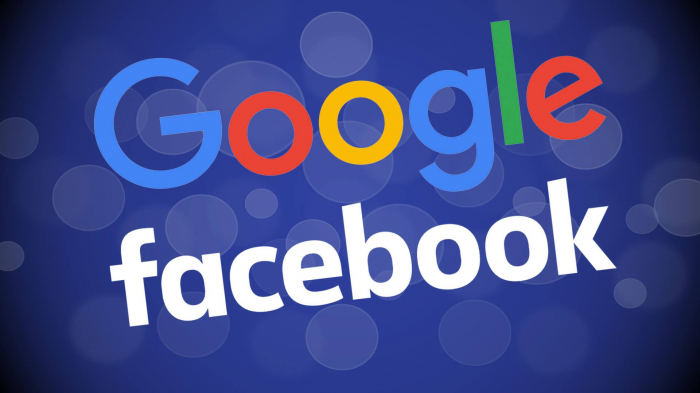
Large tech companies should negotiate with local publishers and broadcasters about how much they pay for content that appears on their platforms.
Australia on Tuesday finalized plans to charge its media outlets Facebook and Google for news content, a move to protect independent journalism from Internet giants.
Under the law that went to parliament this week, Treasurer Josh Frydenberg said big tech companies must negotiate with local publishers and broadcasters how much they pay for content that appears on their platforms.
“This is a huge improvement. This is the first time the world has seen what is happening here in Australia” Friedenberg told reporters in the capital, Canberra.
The law amounts to the strongest test of the market power of the tech giants in the world and follows three years of investigation and consultation, which finally ended in a public fight in August when American companies warned that they could stop offering their services in Australia.
Facebook Australia Chief Executive Will Easton said on Tuesday that the company would review the legislation and “participate in the next parliamentary process with the aim of landing a viable framework to support Australia’s news ecosystem”.
Until recently, most countries stood idly by as advertisers redirected spending to the world’s largest social network and search engine website, robbing newsrooms of their main source of income and causing closures. Generalized and job losses.
But regulators are beginning to test their power to contain the two mega-companies that absorb more than four-fifths of Australia’s online ad spending from each other, according to Frydenberg.
“This is very ambitious and very necessary, ”said Denise Muller, an honorary researcher at the Center for Advanced Journalism at the University of Melbourne, referring to Australian law.
“Taking their news content without paying for it, in exchange for a very questionable reward of ‘reach’, seems to be a very unfair and uneven and ultimately democratically damaging arrangement”.
News Corp Australia Chief Executive Michael Miller said the act was “an important step forward in a decade-long drive to achieve equity in the relationship between Australian media companies and global media giants”. In May, News Corp stopped printing more than 100 Australian newspapers, citing a decrease in advertising.
However, Frydenberg added to the list of media companies with whom the tech giants must negotiate, saying public broadcaster the Australian Broadcasting Corp and specialist public broadcaster SBS would be included, along with dominant private sector outlets like News Corp and Nine Entertainment Co Holdings Ltd.
This article is shared by www.itechscripts.com | A leading resource of inspired clone scripts. It offers hundreds of popular scripts that are used by thousands of small and medium enterprises.